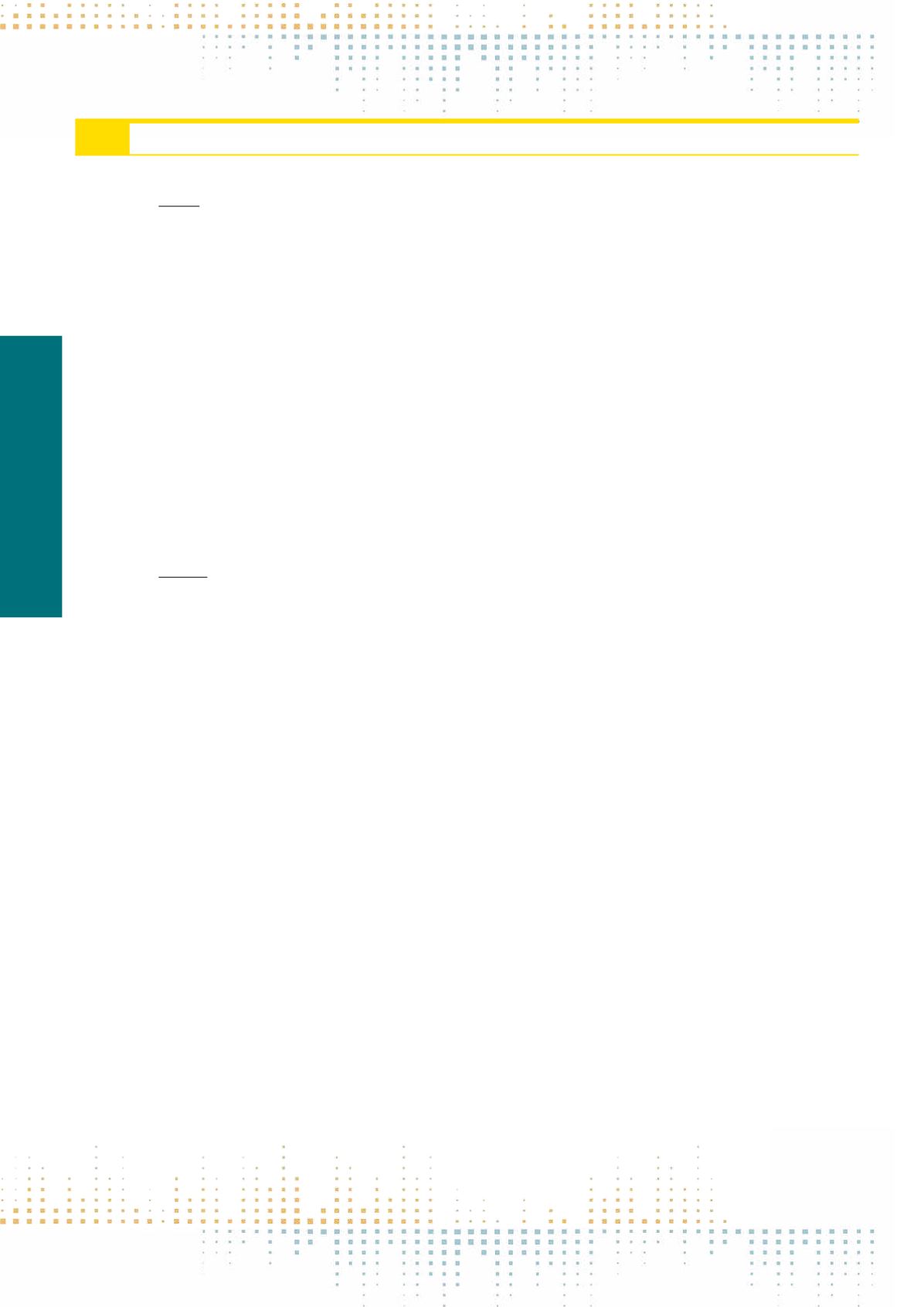

440
Friday, November 11
1 8 : 0 0 – 1 9 : 3 0
MIP07
Subjectivities and Collaborations
PP 487
Finding the Self in Cultural Production at the Age of Late Modernity
J. Vachet
1
1
University of Leeds, School of Media and Communication, Leeds, United Kingdom
This presentation proposes to consider cultural production in relation to the self in late modernity. It explores how the contour of the self of cultural workers
is shaped by cultural labour practices, which are increasingly subject to certain characteristics such as mobility, clustering in so-called creative cities and
the use of media and communication as overriding tools in cultural labour, especially in the context of a ‘forced cultural entrepreneurship’ (Oakley, 2013).
The study proposed has been led by participant observation and interviews in various cosmopolitan cities in Sweden, England and France for the past 2 years
among cultural entrepreneurs aging from 20 to 35 in various fields of the cultural industries (music, photography and film). The focus of the data collection
has been on positive and negative aspects of the living and working lives of cultural producers in cultural industries. Despite dichotomist discourses tending
to polarize either positive, fulfilling aspects of cultural labour or negative aspects such as self-exploitation and alienation in current cultural production,
the findings presented here suggest a more ambivalent conception of cultural labour in regard to the self. On one side, there is a persistent uncertainty
and precariousness among the individuals observed. Living and working conditions are often blurred by the increasing accountability made to individuals:
the pressure to shape a sense of their self is their own. There are also unique forms of anxiety, loneliness and precariousness. On the other side, cultural
labour provides fantastic opportunities to create meaningful activities and achieve a state of well being, at least for those who ‘make it’ in the field. In this
context of political, cultural, temporal and spatial dislocation where the selves can hardly refer to previous forms, individuals never seems to have been so
close to be able to shape a solid sense of their self as well as it never have been so many elements preventing it. This ambivalence, at the core of cultural
production in late modernity can be illustrated by the fact that these individuals, who dedicate their lives to cultural labour, pursue their activities despite
these conditions stated above.This presentation proposes to explore this ambivalence at a theoretical level, using current academic literature on the subject,
as well as at an empirical level using observations based on the fieldwork I undertook for the past two years.
PP 488
Technologies of Collaboration. The Transformation of Hacker Practices into Everyday Life
R. Handler
1
1
Karlstad University, Geography- media & communication, Karlstad, Sweden
This paper is an expansion of the way we understand collaboration as a model for cultural production and media practices. According to scholarly work,
collaboration is the basis for participating in the production of media content (Jenkins 2006), for egalitarian peer production (Benkler 2006), for sharing
knowledge (Tapscott &Williams 2008), for collectively creating information and knowledge resources that are non-exclusive (digital commons), to the us‑
age patterns of social networks to “prosuming” and "produsage” (Bruns 2008) and to the cultural consequences of the gifts economics of "sharing". While
there is a plethora of literature and research on these particular practices, there is a shortage of analysis on collaboration itself, its roots and the reason
for its success. Here, collaboration is analysed from a socio-technical perspective of practices rather than from a classic media perspectives. While digital
media have become prevalent, the emerged practices cannot be explained with media specifics (Fuchs 2014) in a reference to the computer or the Internet.
I argue that collaboration is deeply rooted in the development of computer technologies like Vannevar Bush’s (1944) Memex and hacker culture (open
source developers, free software producers). Collaboration carried a libertarian notion that included freedom of knowledge, transparency, independency,
openness and sharing as cultural models of creating value. In contrast, there are assessments of collaboration as a mode of control in the media industries
(Born & Hesmondhalgh 2000; Jensen & Scacchi 2005). Interviews with open software developers, hackers and entrepreneurs at “Fosdem 2016”, Europe’s
biggest conference and meeting for open and free software, show that practices like hacking, coding and programming differ from classic industry envi‑
ronments. Rather, these collaborative practices need to be understood as a craft that is improvised (Agre 1997, p.7). However, this improvisation must not
be understood as random acting. It is rather a constant re-negotiation between necessary planning in order to work on complex projects and the curiosity
and the crafting skills of hackers (Kelty 2008). References Agre, P. E. (1997). Computation and human experience. Cambridge: Cambridge University Press.
Benkler, Y. (2006). The wealth of networks. How social production transforms markets and freedom. New Haven: Yale University Press. Born, G., & Hes‑
mondhalgh, D. (2000). Western music and its others: Difference, representation, and appropriation in music. Berkely: University of California Press. Bruns,
Axel. (2008). Blogs, Wikipedia, Second Life, and beyond. From production to produsage. New York: Peter Lang. Bush, V. (1944). As We May Think. Atlantic
Monthly, 176, 101–108. Fuchs, C. (2014). Social media: A critical introduction. London: Sage. Jenkins, H. (2006). Convergence Culture. Where Old and New
Media Collide. NewYork: NewYork University Press. Jensen, C., & Scacchi,W. (2005, January). Collaboration, leadership, control, and conflict negotiation and
the netbeans. org open source software development community. In System Sciences, 2005. HICSS'05. Proceedings of the 38
th
Annual Hawaii International
Conference on (pp. 196b-196b). IEEE. Kelty, C. M. (2008). Two bits: The cultural significance of free software. Durham: Duke University Press. Tapscott, D., &
Williams, A. D. (2008). Wikinomics: How mass collaboration changes everything. New York: Penguin.



















